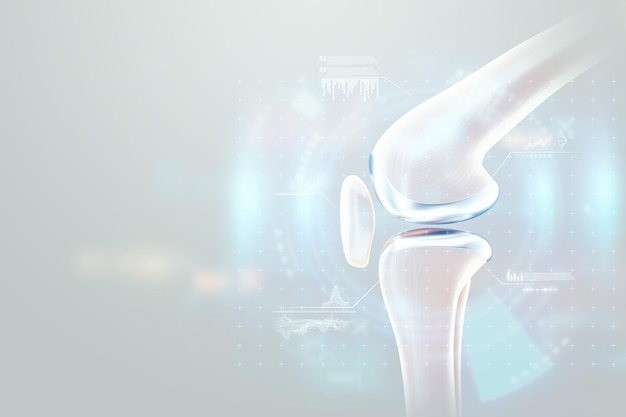Research from Italy Connects Calcium Intake to Osteoporosis and Hypertension Risks
Researchers at the Gaetano Pini Institute Department of Rheumatology in Milan conducted a study involving 825 postmenopausal women who had been diagnosed with hypertension. They discovered that just over 35 percent of these women, who ingested low amounts of calcium from dairy sources, also displayed signs of osteoporosis. Comparatively, those within the same group who consumed higher levels of calcium had significantly lower rates of osteoporosis, around 20 percent.
Upon further analysis, it was revealed that reduced calcium levels were statistically connected to a higher risk of developing both hypertension and osteoporosis when compared to control groups of postmenopausal women.
The researchers concluded that these results underline the theory of a strong link between hypertension and decreased bone mass. This suggests that low calcium intake in postmenopausal women increases their risk for both osteoporosis and hypertension.
Eat More Foods Rich in Calcium
Ideally, women of all ages should obtain adequate calcium from a balanced diet that includes calcium-rich foods. Unfortunately, many people do not consume the recommended daily amount of calcium.
Vitamin-fortified cereals and fruit juices are often packed with both calcium and vitamin D. Certain beans and leafy green vegetables, such as kale and spinach, are also excellent sources. A few types of seeds, like flax, sesame, or chia, are rich in calcium along with various other nutrients. Broccoli and oranges not only offer high calcium content but are also rich in vitamin C and vitamin A. Find out the calcium content in your favorite foods and make them a regular part of your diet.
Is There an Easier Way to Get More Calcium?
While getting all the necessary calcium from diet alone is ideal, it becomes harder with age. Women of all ages can significantly benefit from taking a high-quality calcium dietary supplement to meet their calcium needs.
However, a common concern is that only a small percentage of the calcium in most supplements is absorbed by the body, with over 90% typically being wasted. I recommend IntraCal, a scientifically formulated form of calcium orotate combined with magnesium orotate salts. This combination efficiently transports mineral atoms across cell membranes, allowing for better absorption and utilization. Moreover, IntraCal is free of lactose and other animal byproducts, making it a great option for vegetarians who avoid fish and dairy, ensuring they get the calcium they need.

